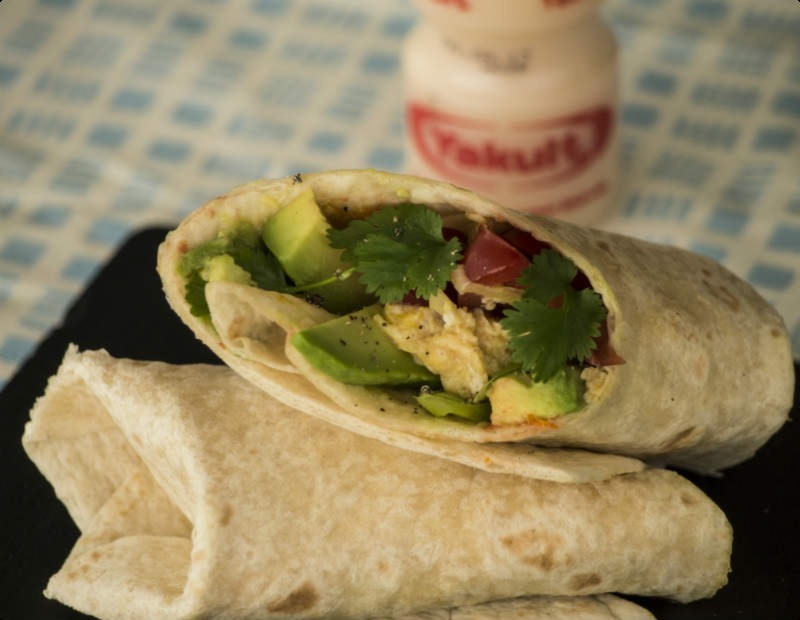

What are proteins?
Proteins are macronutrients that not only provide energy (kilocalories) but also have many important structural and regulatory functions in the body.
Proteins are made up of chains of different amino acids. Nine of these 20 amino acids are considered ‘essential’ because the body cannot make them. This means they must be consumed within the diet.
What do proteins do?
In addition to providing energy in the diet (just like carbohydrate and fat), proteins are often described as the ‘building blocks of life’.
This is because protein is an important building material for cells, tissues and other systems in the body: e.g. muscles, cell membranes, connective tissue, antibodies, hormones, enzymes and the immune system.
Good sources of protein
Animal sources
Meat, chicken, fish, milk, cheese and eggs.
Plant sources
Rice, pasta, bread, breakfast cereal, beans, pulses and nuts.
Did you know?
All animal sources of protein contain adequate amounts of all nine essential amino acids together. This is also true of some vegetarian sources, such as soya and quinoa. However, it is important for vegetarians and vegans to consume a good range of plant-based foods, so that their diet will include sufficient amounts of all essential amino acids.
About 15% of body weight is made up of protein and much of this is found in skeletal muscle.



